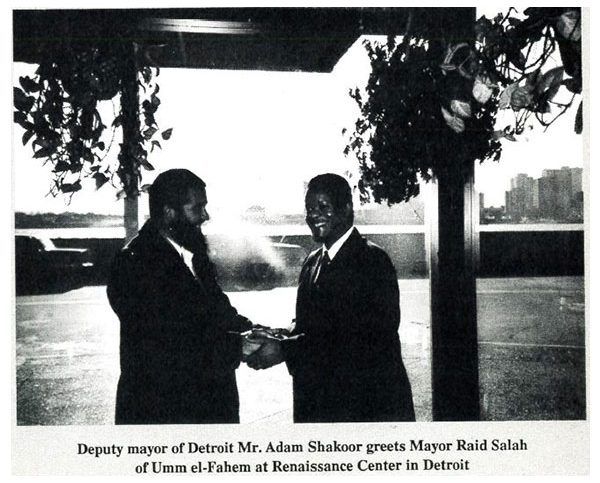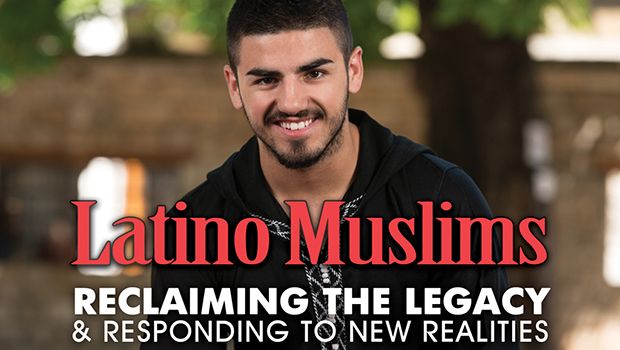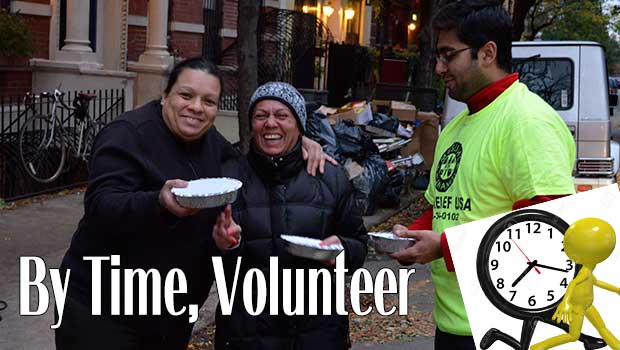Have you ever messed up so badly that you think, “Surely Allah (SWT) won’t forgive me for this?” Have you ever felt so ashamed and disgusted by your sins that you decide you don’t even deserve His mercy? Have you ever told yourself, “I’ve messed up too many times. I can’t possibly ask for forgiveness again?” If these thoughts sound at all familiar, then this article is for you.
Our hope in Allah (SWT) and trust in His mercy are precious treasures, and for this reason, one of Shaytan’s favorite tactics is to try to make us fall into despair. Those voices in our head that tell us we are too flawed, too sinful, and too undeserving of forgiveness are not coming from our merciful Creator. Instead, they are whispers from Shaytan, meant to pull us away from Allah (SWT) and His deen. Shaytan knows that if we convince ourselves that we are hopeless and beyond repair, then we risk losing our greatest gift– our iman – and with it, the hope of eternity in Jannah.
 We humans are, by nature, prone to mistakes, and the One who created us knows this. Anas ibn Malik (may Allah be pleased with him) reported that the Prophet (peace be upon him) said: “All human beings are sinners, and the best of the sinners are the frequent repenters.” (Tirmidhi)
We humans are, by nature, prone to mistakes, and the One who created us knows this. Anas ibn Malik (may Allah be pleased with him) reported that the Prophet (peace be upon him) said: “All human beings are sinners, and the best of the sinners are the frequent repenters.” (Tirmidhi)
In another hadith, we learn that Allah’s forgiveness is more vast and more comprehensive than we can imagine: “O son of Adam, as long as you supplicate to Me and hope in Me, I will forgive you for what you have done, and I do not care. O son of Adam, even if your sins were as high as the heavens, then you seek forgiveness from Me, I will surely forgive you. O son of Adam, if you come to Me with sins as great as the earth, then you meet Me without associating anything with Me, I will surely come to you with forgiveness as great as the earth.” (Tirmidhi)
Allah’s absolution is unlike human forgiveness, which can be fickle and conditional. For instance, people might say they forgive you but still hold a grudge, and your relationship will never be the same. Someone might accept an apology from you, but still bring up the offense years later because it still rankles. Even someone who loves you very much might say, “I’ll forgive you this time, but if you ever do it again, I will leave you.”
Alhamdullilah, our Lord’s clemency is different from humans’ and is far superior. He has many attributes of mercy, and this article will explore three of His most comforting, glorious names, including Al Ghafur, Al Ghaffar, and Al Afuww.
Al Ghafur means the One who forgives over and over and over again. Allah (SWT) wants us to know His forgiveness is unlimited and we should never stop seeking it. He does not say, “You have one last chance,” nor will He ever leave us. We might distance ourselves by disobeying Him, but He remains as close to us as our jugular vein and is always ready for our repentance. Knowing that He is Al Ghafur is a great comfort to those of us who are disappointed in our own repeated mistakes, or doubtful we can ask for his forgiveness yet again. Yes, we can, because He is Al Ghafur!
Al Ghaffar refers to the gravity of sins that He can forgive. With this name, Allah (SWT) is telling us He can pardon even the worst transgressions if we sincerely seek His forgiveness. We should keep in mind there is one sin that stands out as particularly reprehensible. Allah (SWT) tells us: “Indeed, Allah does not forgive associating others with Him in worship, but forgives anything else of whoever He wills. And whoever associates others with Allah has indeed committed a grave sin.” (Quran 4:48)
But even one of the gravest sins, shirk can be forgiven by our merciful Lord! When the Children of Israel worshipped an idol in Musa’s (peace be upon him) absence, Allah (SWT) responded: “You took to worshipping the calf–a terrible wrong. Even then We pardoned you, so that you might be thankful.” (Quran 2: 51-52)
Al Afuww is a name of Allah (SWT) which is often translated as the pardoner, but it is worth exploring its nuanced meaning. This beautiful name comes from the root of the Arabic word ‘awf,’ which means “the complete removal of something, leaving no trace.” In other words, Al Afuww is capable of erasing our sins completely, not just covering them up. If He chooses, He can wipe our slates clean and not even question us on the Day of Judgement about particular sins.
The Prophet (peace be upon him) told his wife Aisha (may Allah be pleased with her) the best dua to make in the last 10 nights of Ramadan calls on Allah (SWT) by this beautiful name, Al Afuww: “Oh Allah, you are the One who pardons and you love to pardon, so pardon me.” (Allahumma innaka ‘afuwwun, tuhibbu al ‘afwa, fafu ‘ani.) (Bukhari)
 These three names of Allah (SWT) can offer so much solace to us when we are drowning in guilt. And remember, although it is uncomfortable, feeling guilty is a good sign. It means we know we have transgressed our Lord’s commands and we regret our actions. Those feelings of remorse can help us seek His forgiveness with sincerity and refrain from repeating those sins, both of which are crucial to repentance. When we call upon His names, we demonstrate our hope and trust that He can forgive over and over, no matter what the sin, and even erase any trace of that misdeed. SubhanAllah, what a merciful and perfect Lord we have!
These three names of Allah (SWT) can offer so much solace to us when we are drowning in guilt. And remember, although it is uncomfortable, feeling guilty is a good sign. It means we know we have transgressed our Lord’s commands and we regret our actions. Those feelings of remorse can help us seek His forgiveness with sincerity and refrain from repeating those sins, both of which are crucial to repentance. When we call upon His names, we demonstrate our hope and trust that He can forgive over and over, no matter what the sin, and even erase any trace of that misdeed. SubhanAllah, what a merciful and perfect Lord we have!




